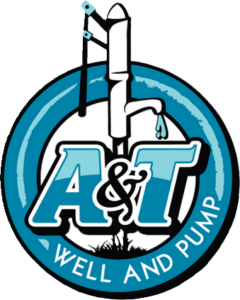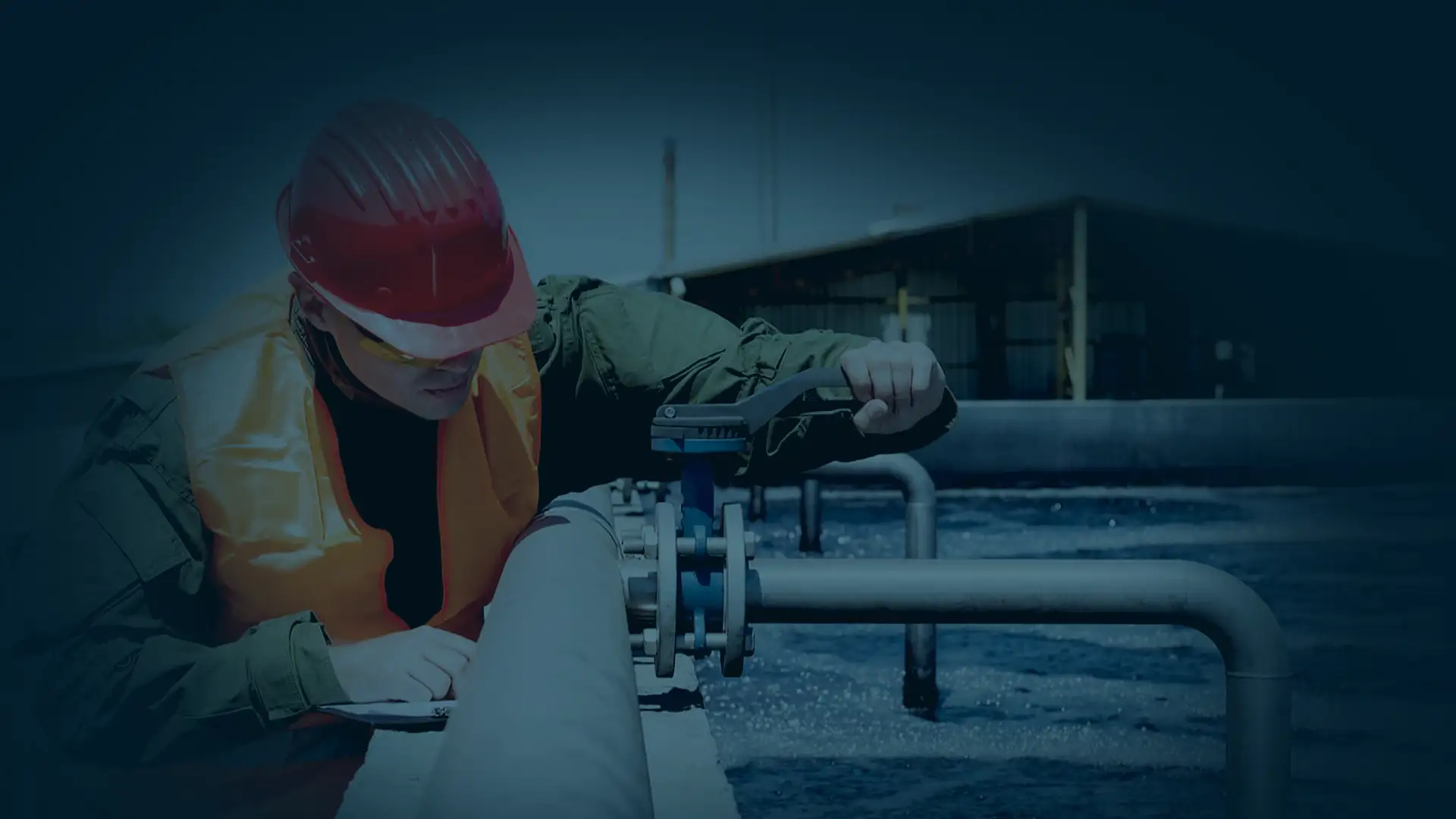The rate at which this water flows through our pipes and faucets is directly connected…
Most mechanical equipment and machines aren't silent, and your well pump is no different. Clicking, a light hum, or the sound of water entering the pipes is fairly normal and often, nothing to be concerned with. But what if you hear a grinding or heavy clunking and thunking sound from your well pump? This may be a problem called cavitation, and our well pump repair company in Raleigh is explaining what this is and why you need to get it fixed fast!
What Is Well Pump Cavitation?
Your well pump relies on an internal impeller to move water to the surface. For this mechanism to work, water has to flow at a sufficient speed and pressure level as it moves through the pump upward to the surface. If the water is moving too slowly, isn't at a high enough pressure, or the pressure at the discharge valve is too high, causing water to flow out faster than it flows into the impeller housing, cavitation will occur.
When there isn't enough water in the impeller housing, the small amount present will rapidly increase in temperature, creating air bubbles and evaporation. As the impeller rotates, it hits the circulating steam and bubbles, and they implode, releasing heat and gas in an implosion reaction. These shockwaves can wear out the metal within the impeller very quickly and leave pitting marks across the surface of the interior of the housing, weakening the metal and reducing the lifespan and functionality of your well pump.
It's important to note that while this issue is most likely to occur in well pumps that use centrifugal force, such as jet pumps, it can also happen in submersible pumps.
Signs of Cavitation in Your Well Pump
The most obvious sign of cavitation is the amount of noise that can occur as thousands of tiny explosions occur within your well pump. So, if you hear thunking sounds or grinding like dozens of ball bearings are rattling around in your well pump, cavitation is the likely cause.
Unfortunately, most well pumps in Raleigh are submersible, located hundreds of feet below ground, so you may not hear the noise. If you're experiencing a decrease in water pressure, it may be a sign of cavitation, or it could be a minor issue. Check for vibrations in the water pipes as well as spikes in the power consumption of your pump, and those will give you a better idea as to the problem.
What to Do if You Suspect Well Pump Cavitation
If you suspect cavitation is the cause of your problems, turn off your well pump right away and call a well pump repair team. This is a serious problem that can not only damage the impeller and impeller housing, the heat and vibrations can also damage the motor. Even brief periods of high pressure and heat within the impeller housing can cause severe, widespread damage. In some cases, well pump replacement is necessary, but if it's caught early, there's a better chance it can be repaired instead.
Call Our Well Pump Repair Team in Raleigh Today
If you are in need of well pump repairs or a replacement in the Raleigh area, we can help. With two decades of experience and 24/7 emergency service, you can count on us to get your well flowing smoothly and reliably in no time. To learn more or to schedule service, give us a call today at 919-291-4063 or fill out the form below.
Contact Form
We would love to hear from you! Please fill out this form and we will get back to you shortly.
"*" indicates required fields

